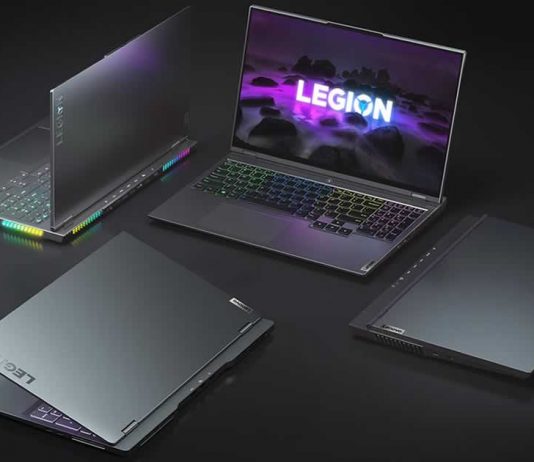Many people are surprised to learn that Gen Z-ers are less adept at troubleshooting tech than millennials. Technology is advancing every day. Shouldn’t younger generations be better at working with it than those who came before them? However, the reality is that the way we use technology has changed.
This is largely due to the approach taken by companies like Apple, for whom the goal is to make each device as user-friendly as possible. A toddler can pick up an iPhone and figure out how to use it with very little help. Macbooks are more difficult to use, but you don’t have to have any tech knowledge to use them to their maximum potential.
In other words, preconfigured items are now the norm, and the days of device users having to troubleshoot are over. If you’re in the market for a new laptop, it can feel like ‘building your own’ customized device would be going backwards. The easy option is to get a preconfigured device like everyone else, especially if you don’t love figuring technology out.
So, are there actually advantages to building your own laptop?
Insurance and warranties
Before talking about the specifications of the laptop itself, it is important to look at the indirect consequences of building your own laptop. When it comes to insurance for laptops, there is no difference between a preconfigured and custom-built laptop. They are both covered by your renters insurance.
However, it becomes more complicated with warranties. Every preconfigured laptop comes with a warranty from the manufacturer for at least a year. If anything goes wrong with any part of the laptop, you can take it in to be repaired at no cost. A custom-built laptop may not have the same protections for all of its parts, especially if a problem is an unintended consequence of your own configuration.
This is something you should take into account. It may not deter you, as most people don’t end up using their warranties anyway, but some people will have no peace of mind without one.
Specifications
When it comes to the specifications of your laptop, you will get better value for money with a custom-built laptop. Preconfigured devices are generally built with a one-size-fits-all attitude. You will get a lot of specifications that are to your liking, but some which are unnecessary and others which just don’t make the grade.
Building your own laptop gives you the chance to forego the unnecessary aspects and use your money for what you actually need. You get a laptop that does not do some of the things a preconfigured laptop would, but you did not need those functions in the first place.
Make it yours
But one of the big reasons to build your own laptop has nothing to do with price. Rather, it has to do with how you want to relate to the technology you use on a daily basis. You should not simply be settling for whatever a company has decided to give you. You should have an active part in choosing what you want and creating your own tech ecosystem.
Devices are becoming far too standardized for comfort. Instead of learning how to use new technology, with all the effort that entails, many people are simply taking what they’re given by a big company. It is a surefire way for atrophy to set in. You don’t learn anything by building your laptop or troubleshooting, and you start to forget how to do any of that work.
This does not lead to creativity, which is where the best technological advances come from. The average laptop user doesn’t need the specifications of a custom-built device, but we’d all be better for it if everyone put some more thought into their tech. There are pros and cons to a custom-built laptop, but for most techies it is the ideal option.


